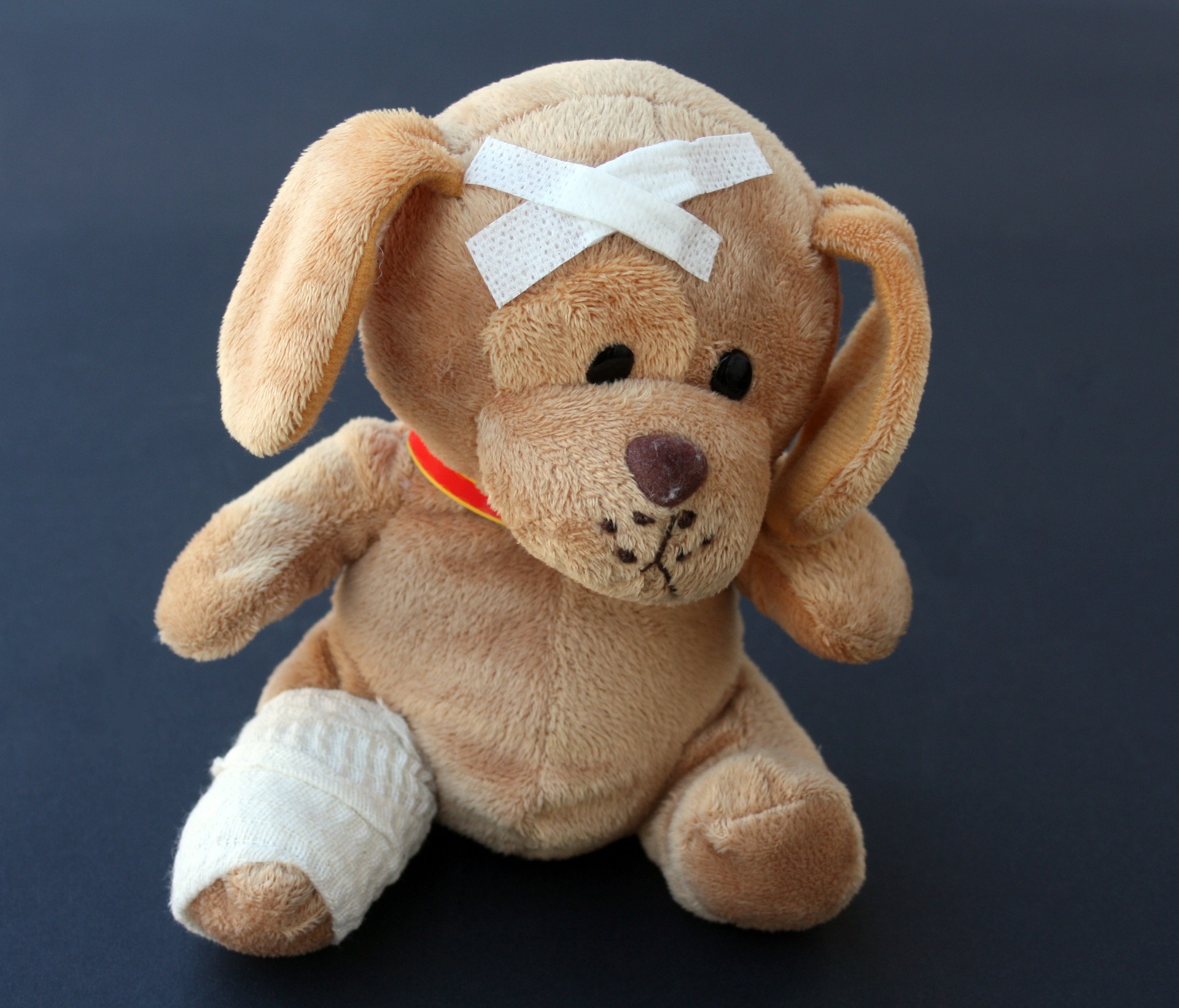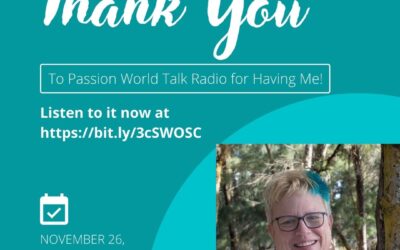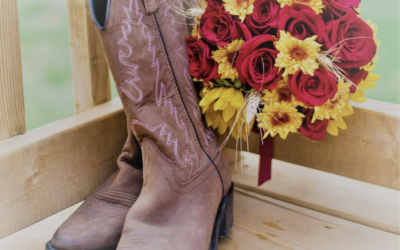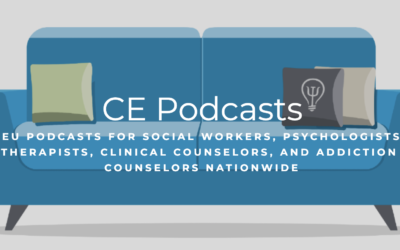The night before I had major surgery I will admit I was nervous. Sleep was not going to happen. “Relax” was not in my vocabulary. And mindfulness and meditation took a walk together.
I knew what was going to happen. I had all the information. I’d researched. I asked my doctor all the questions. I packed an emergency overnight case in the event that I was not discharged (because if you don’t you know you will in fact be admitted for three days). I had clean sheets on the bed to come home to. My new recovery sleepwear to change into when I got home was laid out. The plan for the Oodles to not be with me to protect sutures was in place. The call list was ready for my wife to notify friends and family that I was okay was posted. I even updated my advanced directives and had a little fun with parts of them (because if you are leaving a document for your family to read in case the Bad Thing happened in surgery you should be able to make them laugh from the other side, don’t you think?)
Nesting for surgery was done.
Then some folks decided to be helpful. The comparisons started. The Bad Things that have happened to their friends in the same (or even vastly different) surgeries suddenly needed to be shared with me.
I put on my grief therapist hat that I’d already hung up for ten days for recovery and gave them grace. Because I knew what they were doing. I’d been there before.
When a loved one is terminally ill the helpfulness and comparisonitis people begin to show up. On the phone. In person. Online. Through mutual friends. The stories start. Someone was miraculously cured using (insert wild idea here). Pain drugs are good. Pain drugs are bad. You need faith. You should be allowed to believe what you want (thank you). You need to hear the story about how Cousin Elmer died, or Aunt Joanne, or the family dog who somehow had the same disease your loved one has, or something imagined to be similar.
It’s one of the worst parts about someone dying. Everyone has a story, or an idea, or a comparison, or a veiled criticism about decisions, or something you simply must hear. Grievers bring me their stories daily. Some are prey incredible. I always believe them. I’ve heard them in my own house.
And so it was the night before my surgery (which turned out to be bigger than imagined and yet worked out just fine). No less than three people needed to tell me about some they knew who had just died “on the table.” Others needed to challenge my decision to even have the surgery- it was part of a vast conspiracy by Big Medicine and Big Pharma (It was actually a conspiracy in my body against me. And I won). Still others needed to tell me all about what I must have in recovery, as if I had not totally researched it and talked it through with my doctor, whom I trust immensely. Some of their suggestions could have led me right to a stroke. Fortunately, I knew it, and I am not likely to take suggestions that my treatment team has not agreed to.
So, I put aside the died on the table stories, and cleared the suggestions from my in box, and focused instead on getting myself ready to walk through the doors of the hospital. I pulled in my sense of humor, and arrived with three pounds of Sees Candy- one each for Pre-Op, OR, and Post-Op. My wife sent instructions to the anesthesiologist that I was not allowed to go to the light or the red hot place (and made sure my doc heard that by phone, since visitors are not allowed in hospitals right now). I packed my T shirt that said to back up, I’d just had a freaking big surgery (and wore it home that afternoon).
I did what those in the middle of losing their loved one in the dying process do- the healthy, boundary setting, reorganizing already, take charge ones. I focused. Away from the stories, the scary thoughts, the well-meant but awful suggestions. I kept my sense of humor, my hope for a better day in a few days (come on now- surgery does freaking hurt), and my sense that I was doing the right thing.
And you know what? It was all okay. My decisions. My best interest. My chosen support teams. My weird sense of humor (and my wife’s) (and my doctor’s).
That’s what grievers need to do. That’s why I wear a shirt that says “Your grief, your way, your rules. Remember that.” Before their loved one dies, and afterward.
- Set the boundaries. Firmly. Those who need to say stuff that is not helpful, or is even hurtful, go to the outside at least for a bit.
- Develop an understanding that all those horror stories and not helpful thoughts are coming from a place of powerlessness and a deep desire to help, without an understanding of what that should entail.
- Do the research, talk to the doctors and care team, know what’s coming.
- Reorganize, early and to what you need, not others.
- Protect your loved one and yourself.
- Do things your way, and with a sense of humor.
For those companioning them in that process, they take the lead. Your silence and holding space are your very best gift. Check the stories, the miracle cures, the grief rules at the door. If you need them you can save them for your house.
And bring the casserole. Seriously. In a disposable container. With chocolate for dessert.
Jill Johnson-Young, LCSW can be reached at her website www.jilljohnsonyoung.com
Watch for her new book, ‘The Rebellious Widow” due out in March, 2021




